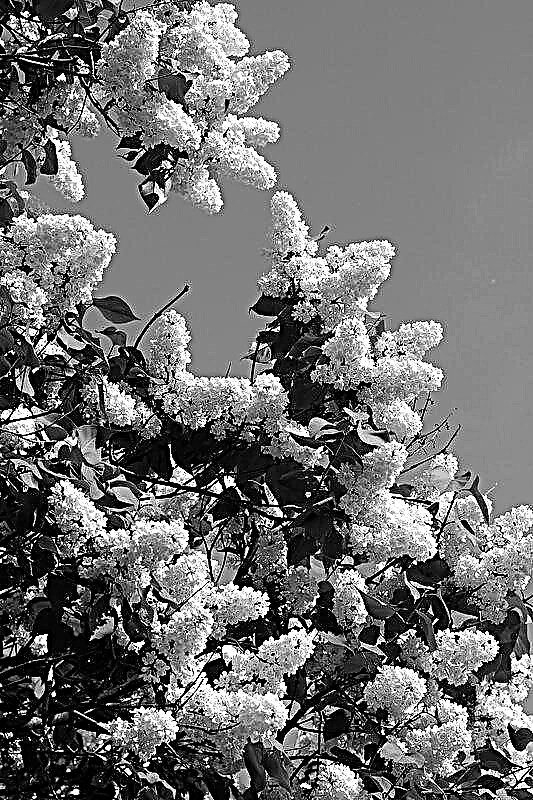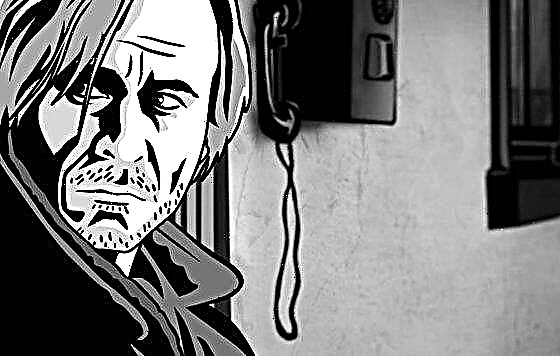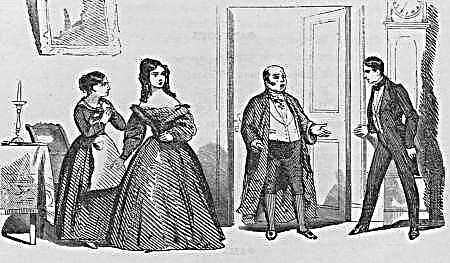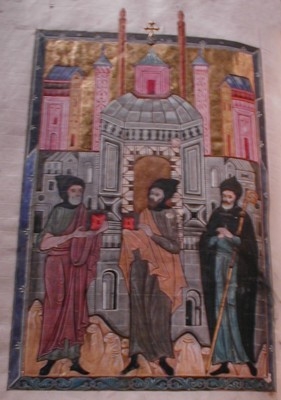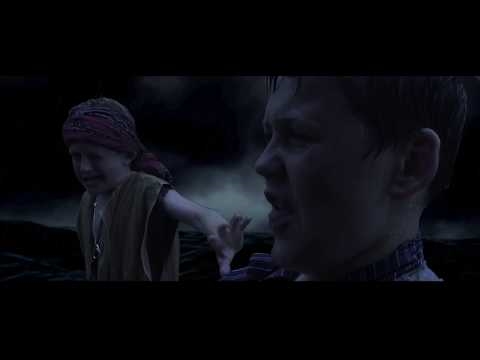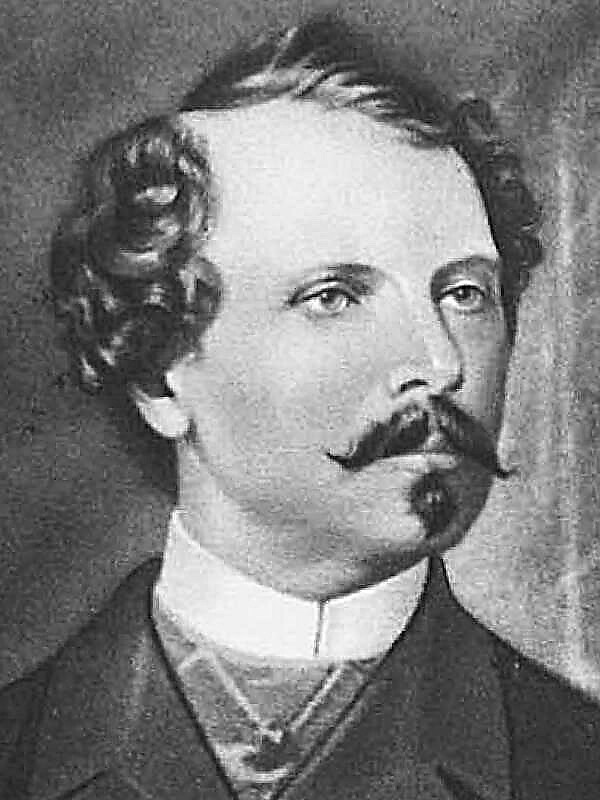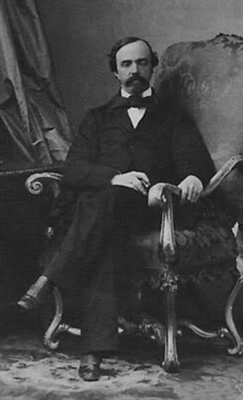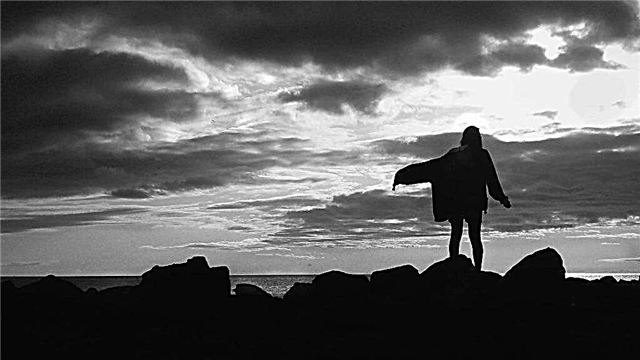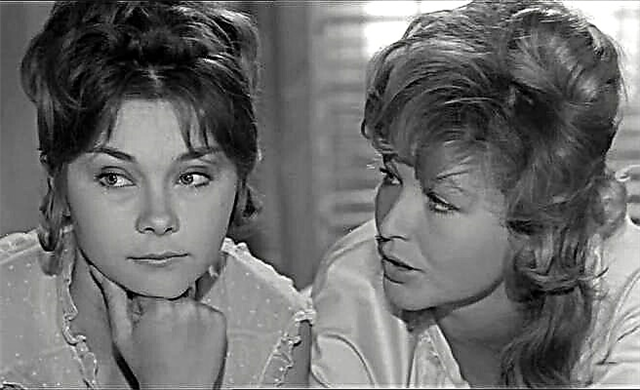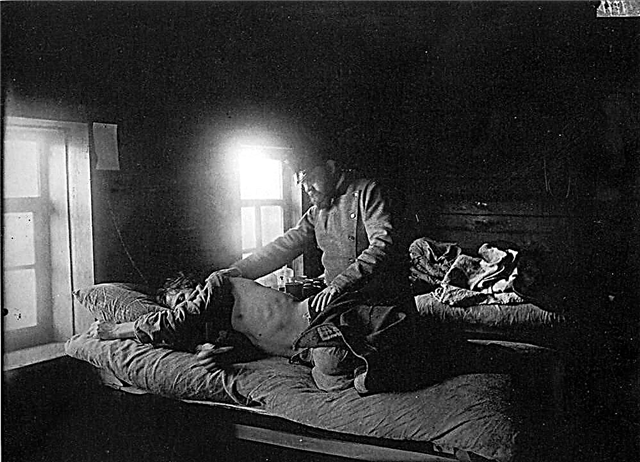The socio-psychological drama of Maxim Gorky, “At the Bottom”, at the heart of its main conflict, sets the clash of dreams and reality. The plot of the play is built around several enduring disputes around one topic, but at several levels: between people from the shelters and the owners Kostylev, personal conflicts of heroes, love conflicts, as well as the conflict of man and environment. And it is precisely the conflict of man with the environment that becomes the main one, a plot is built around him, during which we can observe the dispute between two ideological people - Satin and the wanderer Luke.
The main question that the characters discuss is what is best for a person: pity or truth? Pity gives rise to false hopes and illusions, which eventually fade and lower a person even deeper into despondency. The truth, though cruelly, but firmly gives hope to fix everything and gives a chance to take a new path. Among the characters of the play there were many people who supported one or the other side, everything seemed to be divided into two opposing camps of “skeptics” and “dreamers”, the dispute was discussed by all the characters in different circumstances and situations.
To “skeptics” or people who believe that truth is most dear to Sateen and Bubnov. They repeatedly say that a person needs to know all the bitter truth, to understand the situation and to realize the tragedy of his existence. Only this will help to deal with the situation and evaluate the real picture of what is happening, understand your value. “Man, that sounds proud!” - this is the motto of the “cell” of Satin and Bubnov.
On the other hand stands Luke, who assures us that “lying for salvation” and compassion for any human being - that is what makes us real people. He says: “not a single flea is not bad,” referring to the fact that we are all born the same and initially none of us is neither bad nor good. Only social circumstances force us to be who we are. Someone is lowered “to the bottom”, and someone is raised to heaven. In other words, Luke’s “cell” believes that if a person is a thief, then he is not bad at all, need made him a thief, and he has nothing to do with it.
Following his logic, the wanderer Luke consoles the inhabitants of the rooming house, tells them about a better, bright and well-fed life. The actor who is there even starts to feel much better thanks to faith in the hospital, he visualizes his dreams about her, and she becomes almost a reality for him, he even describes this bright, clean place with marble tiles on the floor.
However, after the departure of Luke, all the dreams and hopes that he built together with the inhabitants of the rooming house disappeared. The poor people are alone again, in grief and despair of their real situation. We can clearly see how the theory of Luke collapses, making people in the end only worse. “He beckoned them somewhere .. But he didn’t say the way,” Klashch says, and after his words it becomes clear that people from the night shelter will always need support from the outside, they won’t manage without it. However, when Satin talks about the reasons that prompted Luka to deceive and give people unnecessary ghostly hopes, he comes to the conclusion that maybe some of them really needed it. He recognizes the need to support those who are "weak in soul." And he comes to the conclusion that the path of truth is not for everyone - “Truth is the god of a free man!”
Summing up all of the above, I would like to note that in Gorky's poem “At the Bottom” there is a dispute between two philosophical views that still have a right to exist. And these two points of view have still not finished their struggle, and we cannot say with certainty who will win: most likely, the truth is somewhere in between. However, each of these points of view somehow reconciles a person with reality. Luke and his supporters did this with lies. Satin offers us full awareness of his position and the struggle for a better life. Everyone makes a choice for himself.

